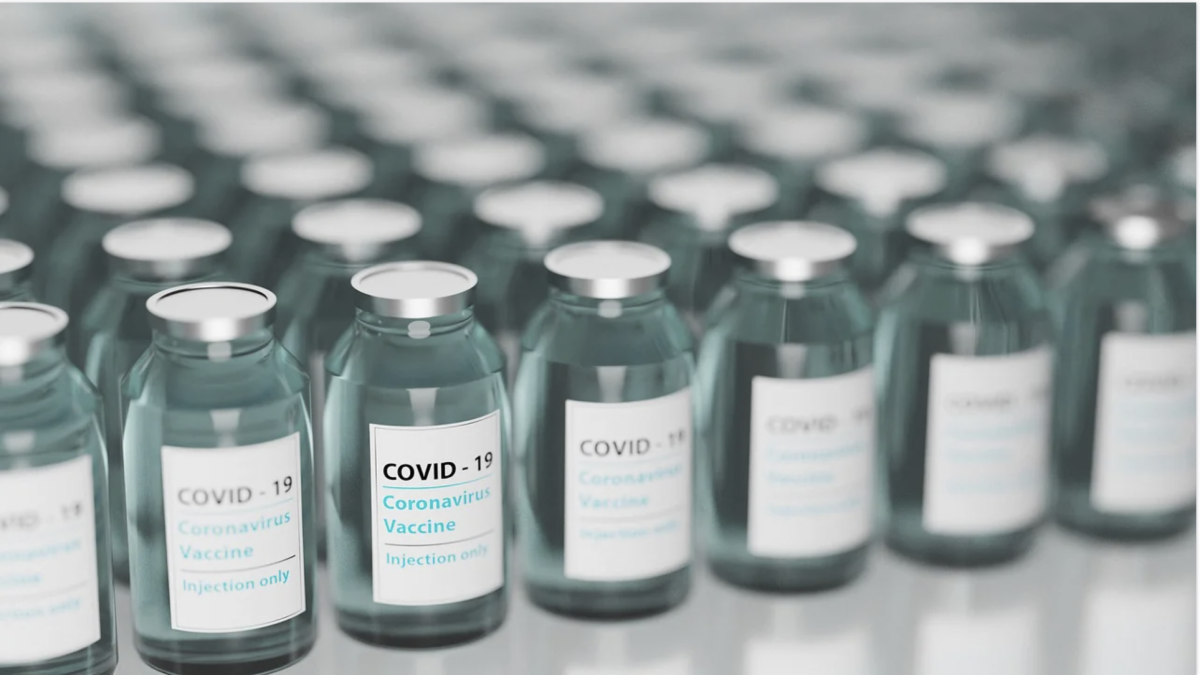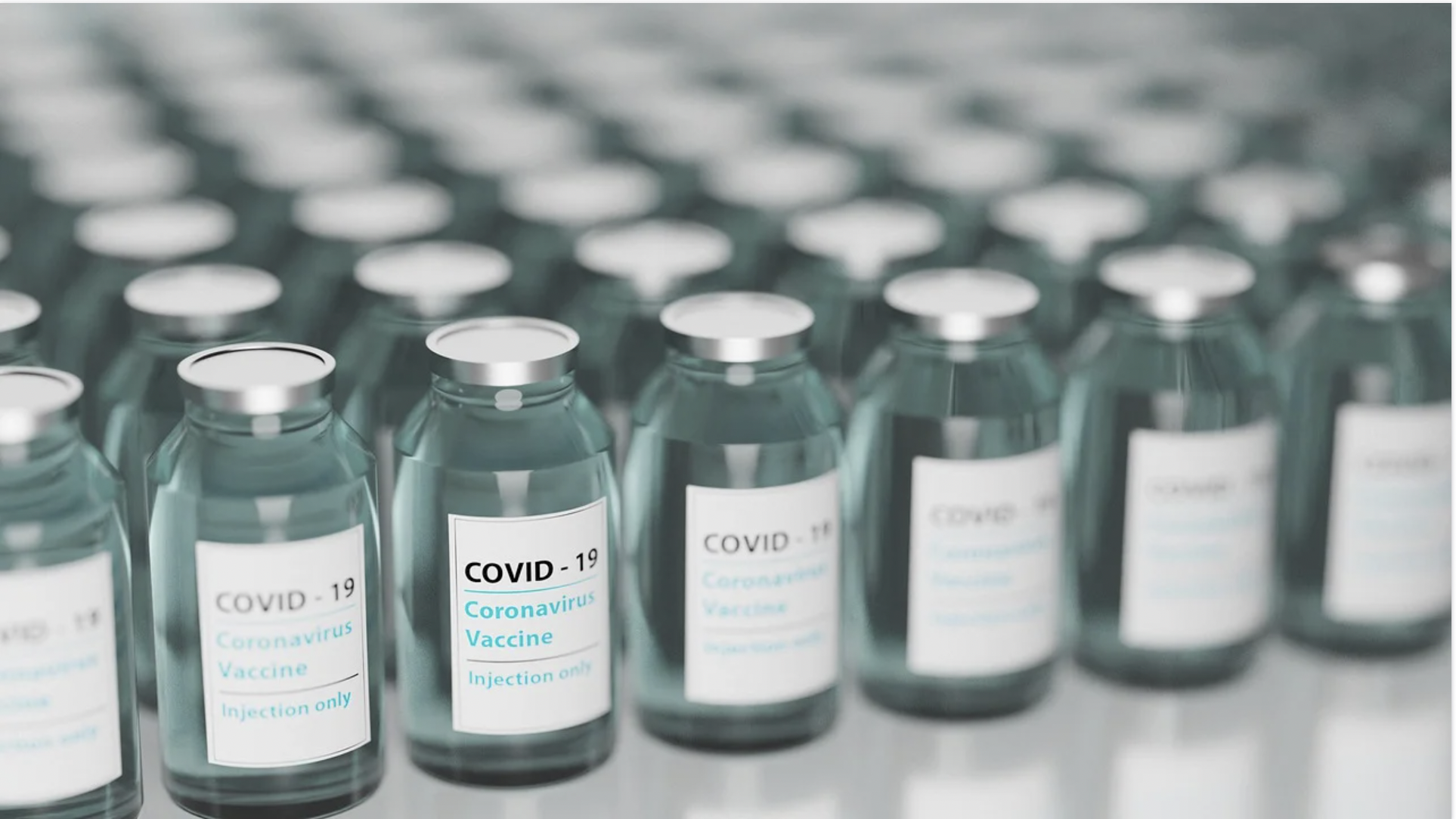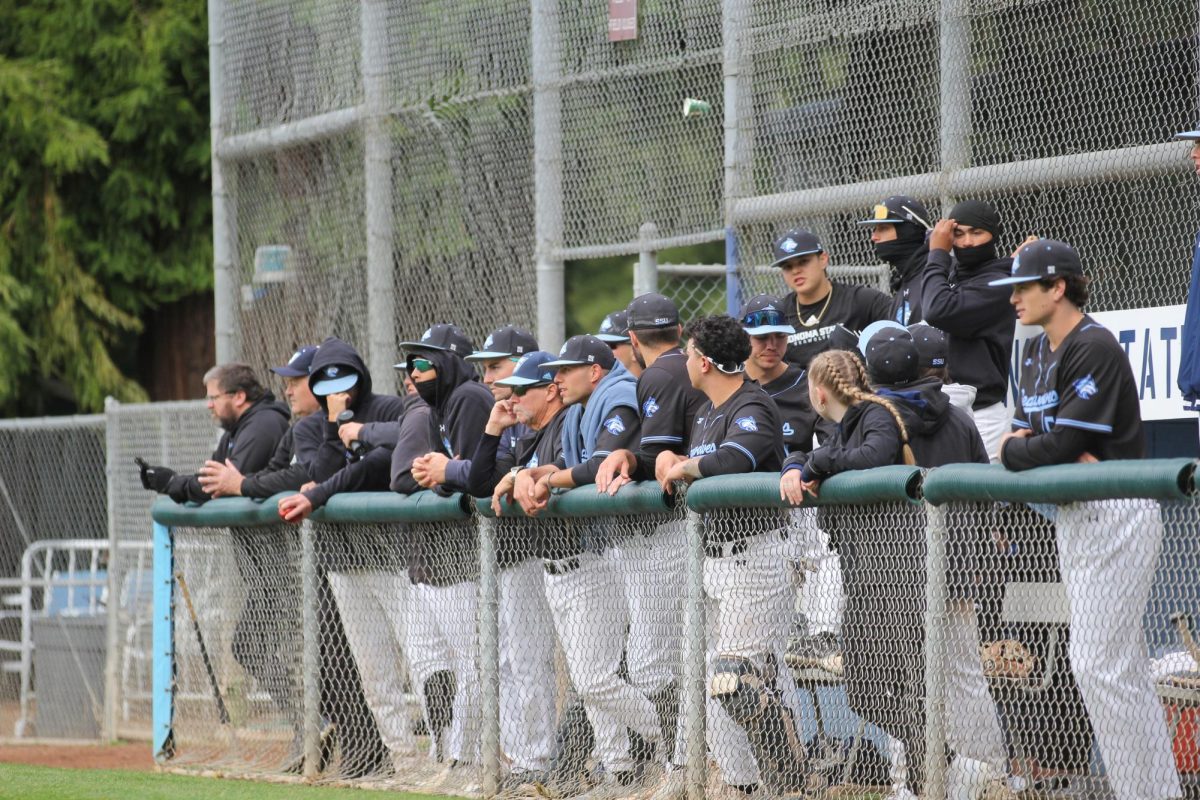As the COVID-19 pandemic continues and vaccine eligibility expands to include more demographics, multiple pharmaceutical companies have begun vaccine trials for children. Moderna and Pfizer/BioNTech have each started testing vaccine doses with children, and Johnson & Johnson has authorized its own vaccine trials as well.
Moderna became the first United States company to approve and begin vaccine testing for children between the ages of six months and 11 years old, according to data from Moderna’s website. The trials involve two parts; in the first, different dosages of the vaccine are tested out in order to determine maximum efficacy. Children aged six months to one year are given either a 25, 50, or 100 microgram dose, and children aged two years to 11 years are given a 50 or 100 microgram dose. Both age groups receive a second dose of the vaccine 28 days after the first was administered.
The second part of the trial hinges on the results of the first. When the appropriate dosage for each age group has been decided, trials will continue with a control group of children who receive a saline injection rather than the vaccine, in order to compare with the group that receives the vaccine. All participants will be monitored for one year after they receive their second dose.
Dr. Anna Valdez, the chair of the nursing department at Sonoma State, hopes that Moderna’s success so far will inspire other pharmaceutical companies.
“I am pleased to see Moderna moving forward with pediatric trials and hope other vaccine developers will do the same. While children seem to fare better with COVID-19 infections than adults, they can still be a source of transmission. I am hopeful the trials will go well and children will have access to the vaccine soon,” Valdez said. “I am encouraged by the progress that we are making in the United States to make sure our communities are safe. I am hopeful that my granddaughter will be vaccinated by the summer so she can have a normal senior year and do things like the prom and graduation.”
Pfizer/BioNTech began its trials last week, starting with a set of nine-year-old twins, who each received either the vaccine or the saline placebo.
Regarding how correct dosages will be determined, Dr. Emanuel Walter of Duke Human Vaccine Institute, where the Pfizer trials began, said, “We’ll start with a lower dose level and gradually escalate up. All the kids will receive two doses of vaccine.”
Elizabeth Oliveira, the health outreach officer for the Student Health Activities Club and a second-year student at SSU, anticipates the day that all children can be officially and safely immunized.
“My mother is a teacher, and although she is fully vaccinated, it is still unsettling to think that she will be going back into a classroom full of unvaccinated fourth-graders in a few short weeks,” Oliveira said, “This matter of vaccinating children is not just something that affects my family, though; to help curb COVID-19 and lessen the strain on the healthcare system we need both children and adults to be vaccinated.”
Oliveira added that she hopes adults continue to sign up for the vaccine as well and that they keep in mind the importance of immunization.
“It may be nerve-wracking to get a new vaccine, but everything we do has risks, and we know that science works. We get into motor vehicles every day with the risk of getting into an accident and dying, but that does not make us stop using them because we need them. We need this vaccine too.”





![[Both photos courtesy of sonoma.edu]
Ming-Ting Mike Lee stepped in as the new SSU president following Sakakis resignation in July 2022](https://sonomastatestar.com/wp-content/uploads/2024/04/CC4520AB-22A7-41B2-9F6F-2A2D5F76A28C-1200x1200.jpeg)



























